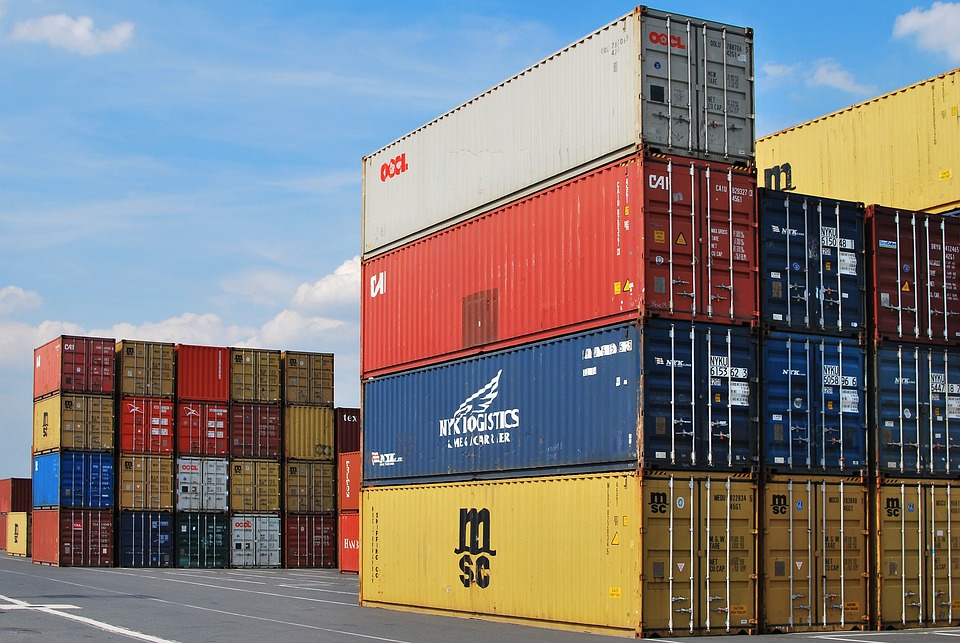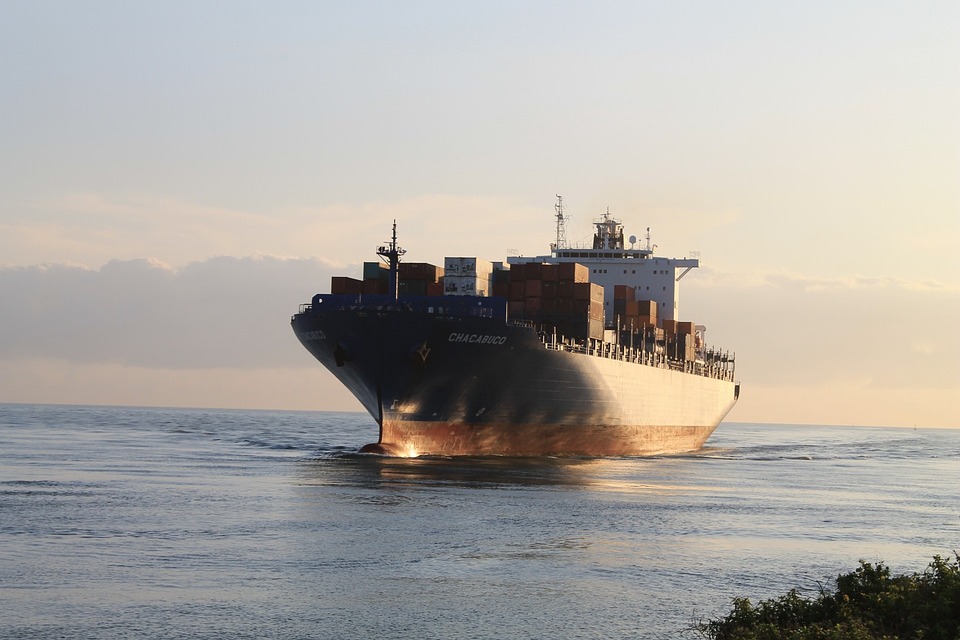The Rise of the Global Indices: Exploring the Shift in Economic Power
The world is witnessing a significant trend in the global economic landscape with the rise of global indices. These indices represent a comprehensive picture of the economic performance, investment opportunities, and market stability of different countries. They are widely used by investors, policymakers, and economists to analyze and compare the economic standing of various nations. The rise of global indices reflects the shifting dynamics of economic power in the world, with emerging markets gaining increasing influence and importance.
Global indices such as the MSCI Emerging Markets Index, the FTSE Global All Cap Index, and the S&P Global BMI are becoming increasingly important in the global investment landscape. These indices provide a snapshot of the performance of different stock markets and asset classes, allowing investors to make informed decisions about where to allocate their capital. As the global economy becomes increasingly interconnected, the importance of these indices in guiding investment strategies cannot be overstated.
The rise of global indices is driven by several factors, including the rapid growth of emerging markets, the increasing globalization of trade and investment, and the growing importance of environmental, social, and governance (ESG) factors in investment decision-making. These indices not only reflect the economic performance of different countries but also take into account ESG considerations, providing a more holistic view of the investment landscape.
One of the key drivers of the rise of global indices is the rapid growth of emerging markets. Countries such as China, India, Brazil, and South Korea are becoming increasingly important players in the global economy, and their influence is reflected in the performance of global indices. As these economies continue to grow, they are attracting increasing amounts of investment from around the world, and global indices are providing a valuable tool for investors to gain exposure to these markets.
The increasing globalization of trade and investment is also contributing to the rise of global indices. As companies and investors seek to diversify their portfolios and access new markets, global indices are becoming an essential tool for identifying investment opportunities across different regions and asset classes. These indices provide a standardized way to compare the performance of different countries and asset classes, allowing investors to make more informed decisions about where to allocate their capital.
In addition, the growing importance of environmental, social, and governance (ESG) factors in investment decision-making is contributing to the rise of global indices. These indices take into account a broad range of ESG considerations, allowing investors to assess the sustainability and ethical impact of their investments. This is becoming increasingly important for investors and asset managers, as they seek to align their investments with their ESG principles and avoid exposure to companies that do not meet their standards.
The shift in economic power reflected in the rise of global indices has significant implications for the global investment landscape. As emerging markets continue to grow and gain influence, investors are increasingly looking to allocate their capital to these markets. Global indices are providing a valuable tool for investors to gain exposure to these markets and take advantage of their growth potential.
FAQs
Q: What are global indices?
A: Global indices are comprehensive benchmarks that provide a snapshot of the performance of different stock markets and asset classes across the world. They allow investors to compare the economic standing, investment opportunities, and market stability of various countries and regions.
Q: How are global indices used by investors?
A: Global indices are used by investors to analyze and compare the economic performance of different countries and regions. They provide a standardized way to assess investment opportunities and make informed decisions about where to allocate capital.
Q: What is driving the rise of global indices?
A: The rise of global indices is driven by the rapid growth of emerging markets, the increasing globalization of trade and investment, and the growing importance of environmental, social, and governance (ESG) factors in investment decision-making.
Q: What are the implications of the rise of global indices for the global investment landscape?
A: The rise of global indices has significant implications for the global investment landscape, as it reflects the shifting dynamics of economic power and the increasing influence of emerging markets. This provides investors with new opportunities for diversification and exposure to growth markets.




